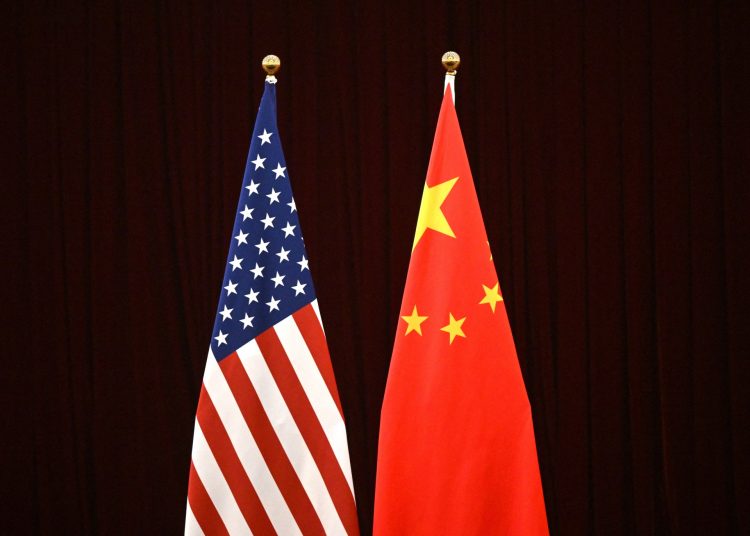The trade war between the United States and China continued this week with its latest salvo – a move that comes amid a heated race for the White House.
On Tuesday, US President Joe Biden announced tariff hikes on imports of various Chinese goods, worth $18bn.
Lithium-ion batteries make up $13bn of the total imports, while certain steel and aluminium products, as well as items like medical gloves and syringes, accounted for the remaining $5bn.
Experts say tariffs on these products will likely have limited effects on consumer goods prices and economic growth. The greater gain, they say, may lie at the ballot box, as Biden jockeys for a second term in the White House.
“These tariffs are very much on the margins, and the impacts on the economy will be a rounding error,” Bernard Yaros, lead US economist at Oxford Economics, told Al Jazeera.
While the tariffs do not change much for the US economy, it is still “good politics to do this”, especially during an election year, Yaros added.
Projecting strength
The US is set to hold a presidential vote in November, and Biden is expected to face his predecessor, former Republican President Donald Trump, in a tightly fought race.
Trump has long sought to project a tough-man image, particularly in foreign policy and the economy, while framing his Democratic rival as “weak”. Biden, however, has sought to deflect that criticism by imposing policies that, in some cases, build on Trump’s.
A January paper (PDF) from the…


























































